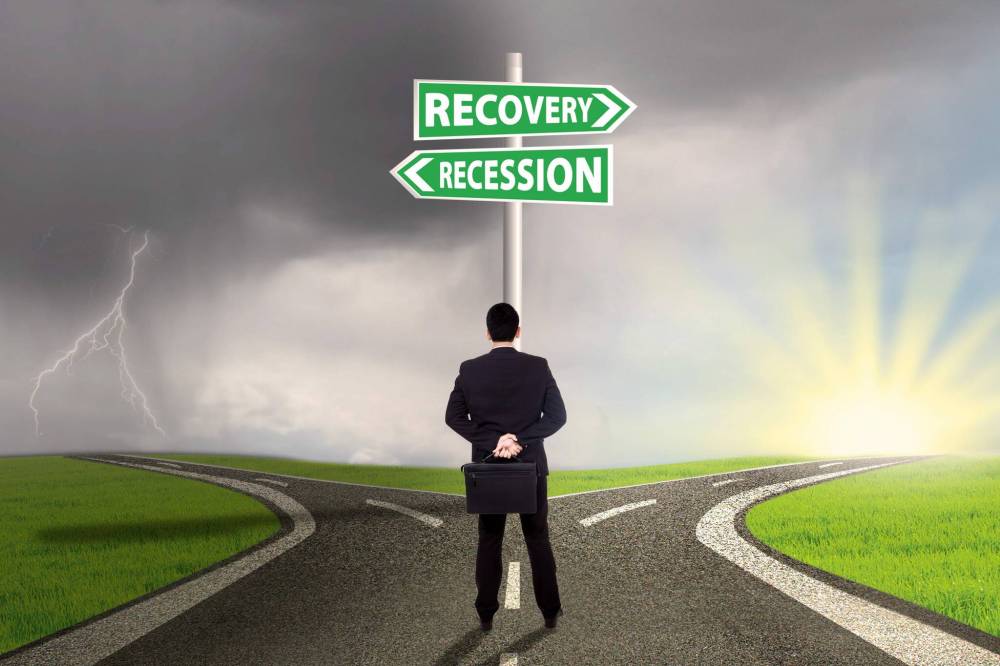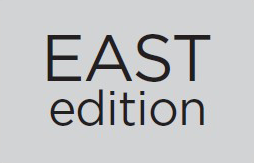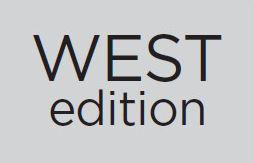Are we headed for a recession?
Advertisement
Hey there, time traveller!
This article was published 04/01/2023 (1075 days ago), so information in it may no longer be current.
Dear Money Lady,
I am in my 70s and can remember when interest rates were 18 per cent. I wondered if you think we are headed for a recession in 2023?
Norm

Dreamstime
Many financial advisers and analysts are unsure what the future holds for the economy.
Dear Norm,
To answer you honestly – I’m not sure. Let me tell you why.
No one knows for sure where inflation is headed or whether it will continue to be volatile. The three-month trend is averaging at 5.8 per cent so there is no denying that it is a force to be reckoned with in 2023. Basically, economists and analysts have very little experience with true inflation other than what we witnessed in the late 1970s and early 1980s, when you witnessed those astronomical rates.
I will agree, Norm, that Canadians should brace themselves for continued instability in the markets for the beginning of next year; but it seems hard to predict which way inflation, rates and the financial markets will go in the latter part of 2023. There are many bullish and persuasive commentators who took the recent Consumer Price Index result as a positive sign that we had reached the peak of the inflationary rise; however, we are still experiencing continued price increases on services, food, and energy. All that said, it generally takes 12-18 months for interest rate increases to fully impact the economy, so your question is on a lot of people’s minds:
Are we headed for a recession? Maybe.
There is no doubt we are in a market slowdown and will continue to be so in 2023, however the “r word” may not be a true reality –yet. Interest rate hikes definitely signal tougher economic times for everyone, but we historically base recession trends on global markets. Oil prices, a typical inflation driver, peaked at over $90 earlier this year but have now receded below $80, which was below one-year-ago levels at one point for the first time in almost two years. Another thing to keep in mind is that growth in Canada is doing well. Employment is up and reports are that wholesale and manufacturing are up 1.3 per cent. The housing market, on the other hand, is not doing so well. We now see would-be home sellers holding onto their properties for more favourable market conditions and prospective buyers plan to wait out rising interest rates. This high-interest-rate market will most likely lead to the continued phenomena of lukewarm buyers which in turn leads to unmotivated sellers and stagnant sales activity.
Now is the time to create a spending budget for next year, to eliminate consumer debt and try to save more. Remember, lifestyles absolutely should not be supplemented by credit. Try to track your expenses for 2023 and be more accountable to your financial goals. Of course, if any of my readers have questions about saving for the future or need specific advice about how to retire debt free and wealthy, you can always email me your questions on my website at www.askthemoneylady.ca

Christine Ibbotson
Ask the Money Lady
Christine Ibbotson is a Canadian finance writer, radio host and YouTuber. For more advice check out her YouTube channel: Ask the Money lady – Your Canadian Finance Coach. Visit her website at www.askthemoneylady.ca or send a question to info@askthemoneylady.ca
Our newsroom depends on a growing audience of readers to power our journalism. If you are not a paid reader, please consider becoming a subscriber.
Our newsroom depends on its audience of readers to power our journalism. Thank you for your support.



